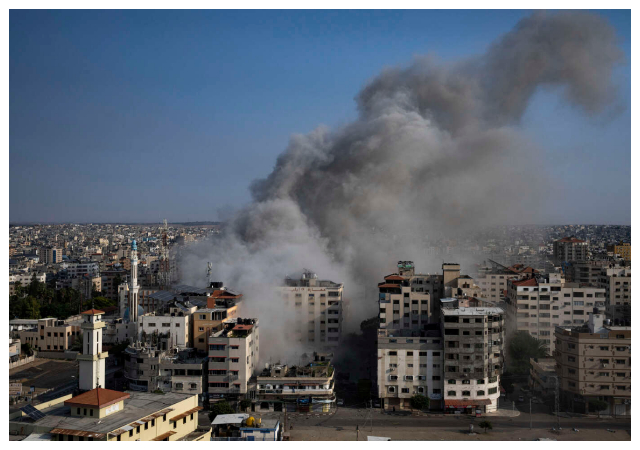
UN refugee agency says no fewer than 114 million people worldwide have been forced to flee their homes by the end of September, due to conflict, persecution, and human rights violations.
The main causes of the worrying new total include the war in Ukraine, the conflicts in Sudan, the Democratic Republic of the Congo, and Myanmar; drought, floods, and insecurity in Somalia; and a protracted humanitarian crisis in Afghanistan.
Filippo Grandi, UN High Commissioner for Refugees, expressed his concern, stating that “globally, far too many conflicts are proliferating or escalating, shattering innocent lives and uprooting people.”
“The international community’s inability to solve conflicts or prevent new ones is driving displacement and misery.
“We must look within, work together to end conflicts, and allow refugees and other displaced people to return home or restart their lives,” he said in a statement.
As of June, the number of forcibly displaced individuals worldwide stood at 110 million, marking an increase of 1.6 million from the end of 2022.
Moreover, between June and the end of September, an additional four million were estimated to have been forcibly displaced, bringing the total to 114 million.
UNHCR’s report does not encompass the consequences of the Israel-Palestine conflict that ignited on October 7, as it fell beyond the report’s scope.
The report also revealed that low and middle-income countries bore the burden of hosting three-quarters of those in need of international
In spite the overwhelming challenges, High Commissioner Grandi remained resolute.
“As we watch events unfold in Gaza, Sudan, and beyond, the prospect of peace and solutions for refugees and other displaced populations might feel distant.
“But we cannot give up. With our partners, we will keep pushing for – and finding – solutions for refugees,” he said.
This report’s release coincides with the upcoming second Global Refugee Forum, scheduled from Dec. 13 to 15 in Geneva.
The largest forum of its kind – focusing on refugees and forcibly displaced people – brings together governments, refugees, local authorities, international organisations, civil society, and the private sector.
NAN
